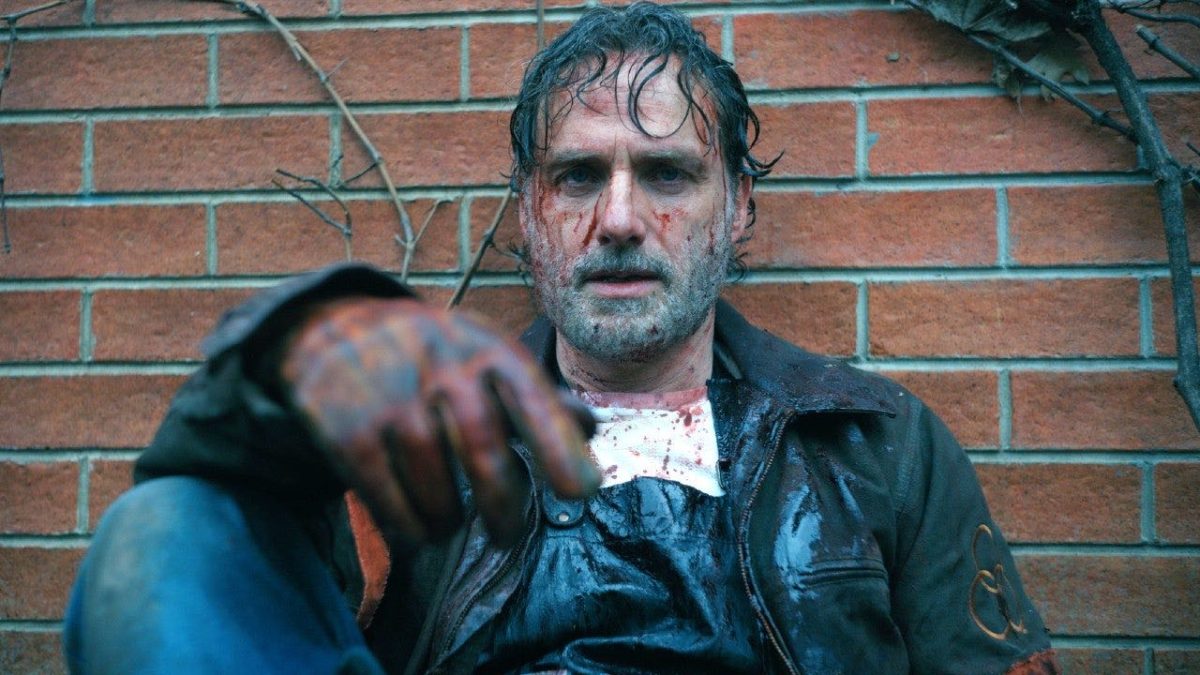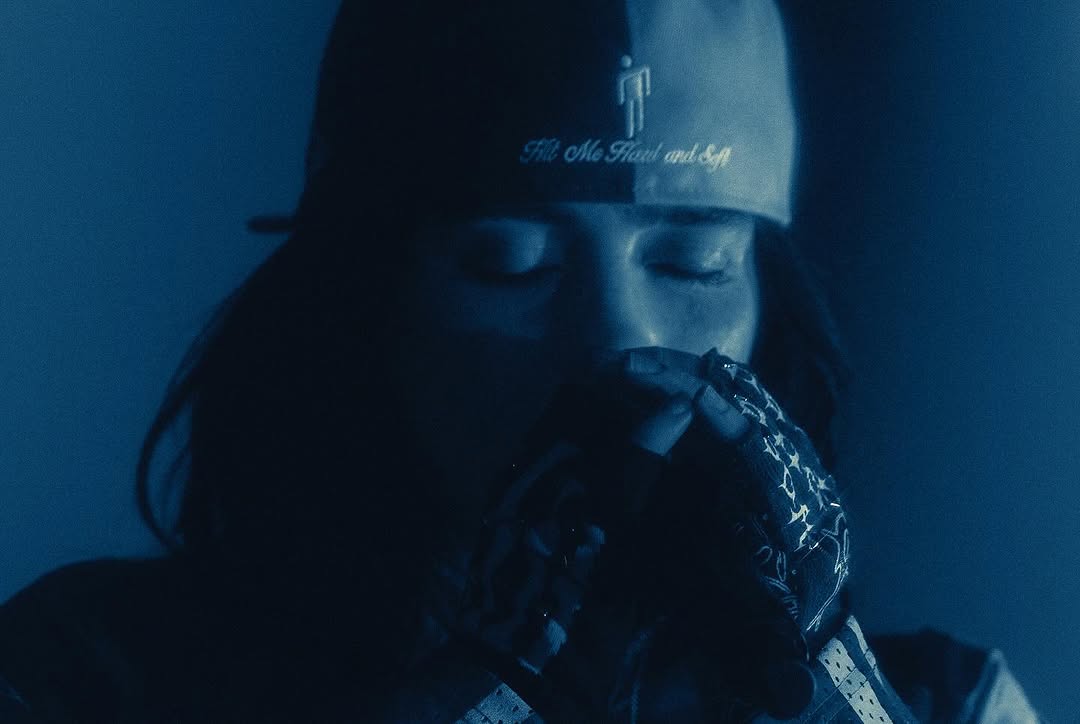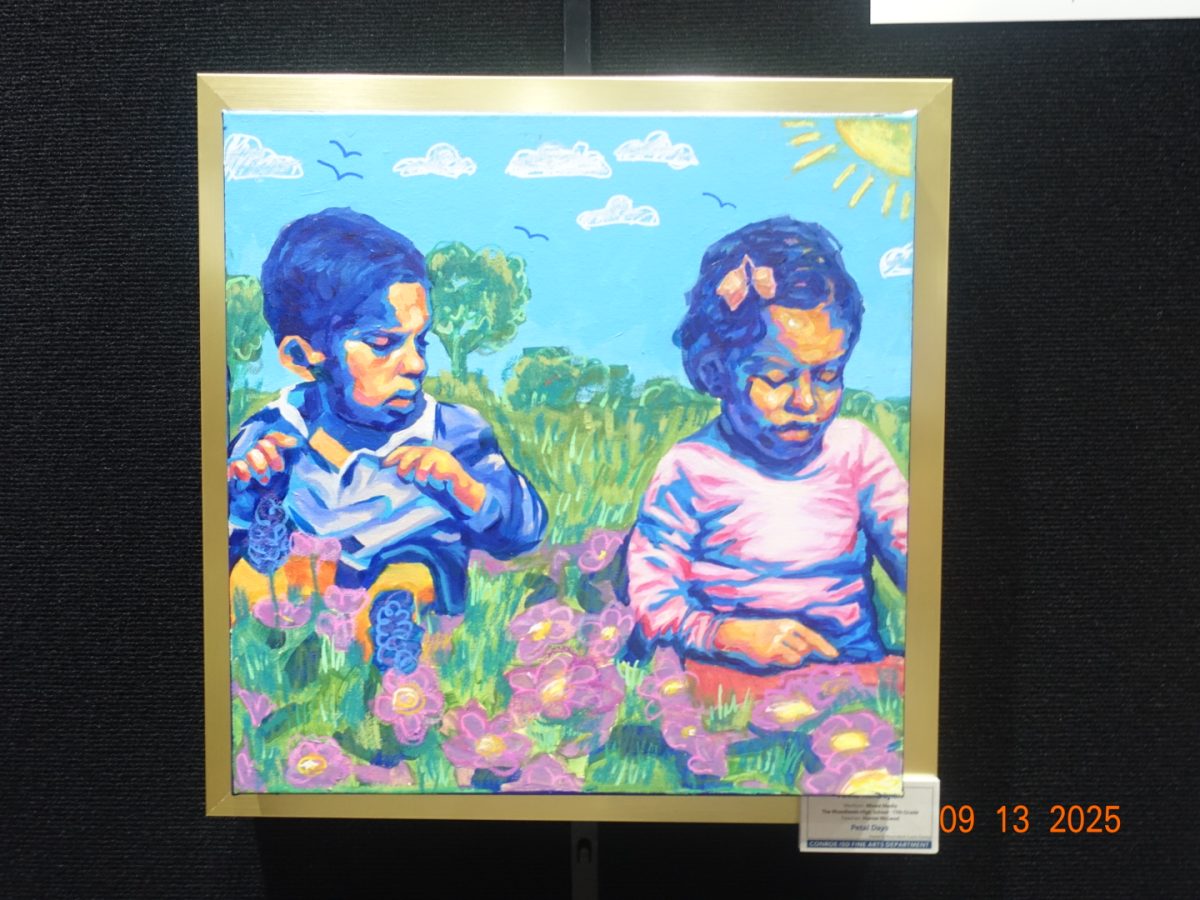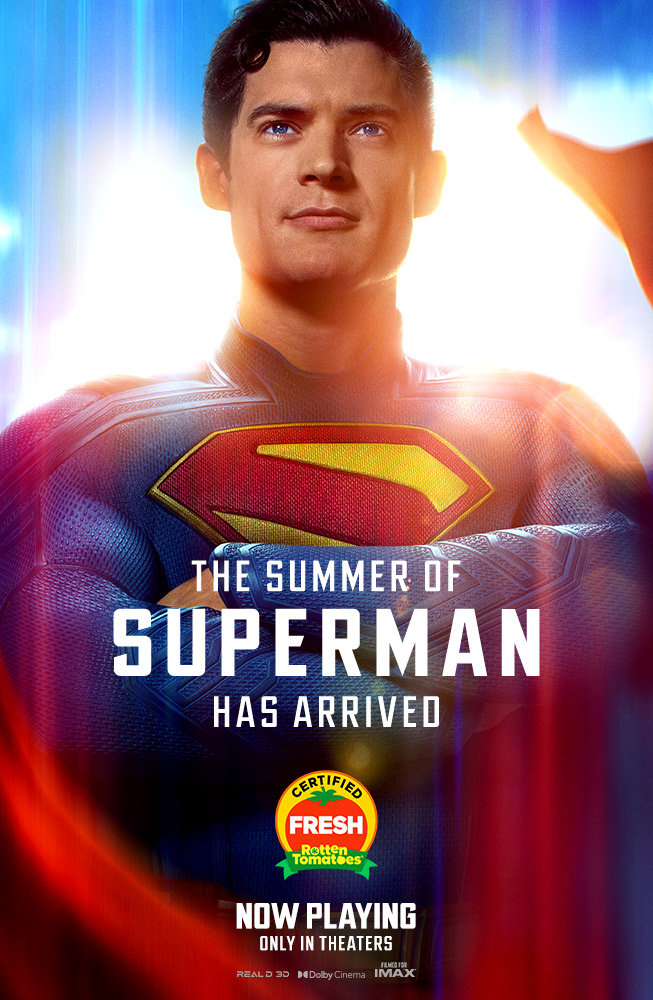“The Walking Dead: The Ones Who Live” portrays our characters in their most desperate state, and provides a story rich in emotion, but lacks much needed finality.
For a long time the story of Rick Grimes was incomplete. After Andrew Lincoln, who portrays Rick, left the flagship series, there was promise of a continuation. First we were supposed to get a movie, and then a trilogy of movies, and after some years and Covid delay a limited series was officially in production.
The hype around The Ones Who Live has built since “The Walking Dead’s” finale, as well as through the numerous spin-off series that have left bread crumbs and clues for fans to pick up.
The excitement for the series was met with universal applause from fans and many critics alike. Even seeing the first episode as a return to form for “The Walking Dead’s” franchise.
“The Ones Who Live” picks up in the years following Rick’s departure from “The Walking Dead”. We see his ambition to reunite with his family, while the Civic Republic Military(CRM) prevents him from escaping his captivity. In the present day, Rick’s wife, Michonne searches for Rick across the country, hoping to find an answer as to whether he is alive or dead.
Off the bat the show made it clear it did not care for risks.
There are moments that were avoided in the main series because of how risky they would’ve been for the audience to see. This show executes one moment in the first five minutes of the series, showing the gall the show had compared to the norm.
The risks were not taken all for shock value alone. In fact, all play a pivotal role in the overall story that pushes Rick and Michonne further to their destinies.
Unlike the main series that took risks and followed it with faulty writing, The Ones Who Live excels in writing and dialogue.
One of the best parts of The Walking Dead is undeniably Rick’s many speeches, whether he is talking through a rough time or rallying his troops, he always has something empowering to say. In the show Rick gets this chance, but it is in desperation and depression that he speaks.
Rick is a broken man by the end of episode one. In his desperation to reunite with his loved ones, he breaks free of the CRM numerous times, only to be caught again and again and again. After the last attempt he makes go awry, and with a seemingly bleak life ahead of him, Rick almost ends the pain permanently. It is the last place any fan of the franchise would have thought to see Rick, the man who always believed in a better tomorrow even in an apocalypse.
As the episodes progress the old Rick does comes back to form as he opens up and learns to live with a hope of a better tomorrow again. It is shown thoroughly and not rushed through for the sake of plot development.
Rick’s return to form in the show is all thanks to the help of his wife, Michonne.
Michonne, portrayed by Danai Gurira, also returns after exiting “The Walking Dead”. We last see her in that series heading off into the world to search for Rick in the hope of reuniting him with his daughter and the son he never got to meet. However, when she finally finds Rick, Michonne finds a broken man she has to repair.
Gurira does a great job as always with her sincerity and emotional poise, but it is more than her acting that supports the show.
Episode four titled “What We” is actually written by Gurira, and it serves as the best of the series along with episode one titled “Years”. It carries the most emotionally packed episode and delves the most into why the duo of Rick and Michonne are the ones who live. It also carries precedent from “The Walking Dead” in acknowledging some of the most tragic parts that have stayed with Rick.
Overall the cast does a great job, but it’s in the villains that we lose touch of what works with the series.
“The Walking Dead” always had strength in villains such as Shane, Negan, the Governor, and many others. While we start off strong with the CRM’s presence looming large on Rick’s fate, their fear mongering presence dwindles and dies off by the finale.
There were a few characters that portrayed the villains, those being General Beale, Thorn, and the main series returner Jadis. Jadis had pre-existing history with the franchise and was a known threat already, but it was in Thorn and Beale that the threat fell flat.
Thorn had good characterization in the first three episodes, but it is not picked up further beyond that. As for Beale, he only pops up in the premiere and finale, which is disappointing to say the least. Jadis has to carry the CRM’s threat through the series, and she does so gracefully.
For being such a threatening group of foes, we don’t get much sense of danger after a while. For a group to have been built up as much as the CRM, that’s a bad feeling to get.
As for the biggest fault of the series, it is the finale itself.
On a surface level the finale does not exactly disappoint, and the viewer gets to see the end of the buildup of the show. The worst thing about it is the last 15 or 20 minutes itself. The writing and pacing of the series was the strongpoint of the show so far, but here it falls off very quickly.
The dialogue between characters feels very clunky and dumbfounded, making every sequence feel too quick emotionally and also painfully slow at the same time.
Like I said, the buildup is paid off in the very end, but the execution is very off point. There is also the fact that no one knows when or if we’ll see these characters again, so with the chalky ending, the viewer is justified in feeling unsatisfied.
As for what this series offered in its short six episode run, there was a hefty amount of story shown. Except for the finale, every episode left the viewer satisfied, while still wanting more to the story. It was truly like the original seasons of “The Walking Dead” that had everyone glued to their couch and watching with no hesitation.
If there is any continuation there are plenty of avenues to go down for Rick Grimes and Michonne, but as for now, the finale is good enough to keep most people satisfied with an ending.
“The Walking Dead: The Ones Who Live” is streaming on AMC+ and stars Andrew Lincoln, Danai Gurira, Pollyanna McIntosh, Matthew Jeffers, Leslie-Ann Brandt, Terry O’Quinn.








